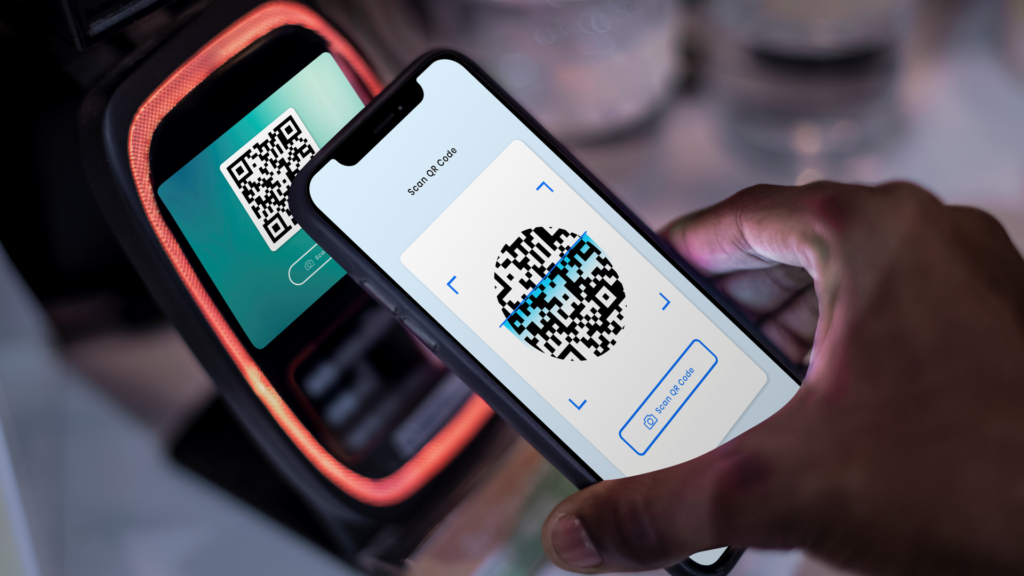India’s digital payment landscape is creating a buzz internationally while accounting for 46% of global real-time payment transactions in 2022. Indian digital payment systems such as Unified Payment Interface (UPI) have received international recognition and attracted frequent transactions from cross-borders such as Singapore, UAE, and France, to name a few.
Other than UPI, the Indian digital payment environment is primarily occupied by National Electronic Funds Transfer (NEFT) and Real Time Gross Settlement (RTGS) which function on wired networks and uses conventional technologies to realize the payments.
But with rising advanced technological capabilities and changing geopolitical and climatic scenarios, the Reserve Bank of India has come up with the idea to develop a ‘Lightweight’ Payment and Settlement System (LPSS) as per the annual report published by the Reserve Bank of India (RBI) for the fiscal year 2022-23.
The system will keep the liquidity of the Indian economy intact in case of unfortunate events such as natural disasters or war where conventional payment systems go unavailable. The system will ensure the efficiency of digital payments with minimum hardware and software requirements.
This lightweight and portable payment system will ensure near-zero downtime and keep the liquidity of the economy active to support bulk government payments, and interbank payments while fulfilling cash requirements to provide bunker equivalent facilities in terms of payment systems.
This kind of system refers to a streamlined and efficient platform designed to facilitate financial transactions and the settlement of obligations between parties. These are characterized by their simplicity, speed, and cost-effectiveness compared to traditional payment and settlement systems. This can also ensure the integrity as well as the validity of critical transactions as a backup facility to maintain economic stability and availability of payment systems for essential transactions during disruptions.
LPSS may leverage the power of the latest technologies like blockchain, digital currencies, or other innovative payment methods to provide fast and efficient payment and settlement services. The system can actively support the financial infrastructure and market-related activities during extreme conditions or in case of a malicious attack on the primary financial system to accommodate further strategies to counter the challenge.

